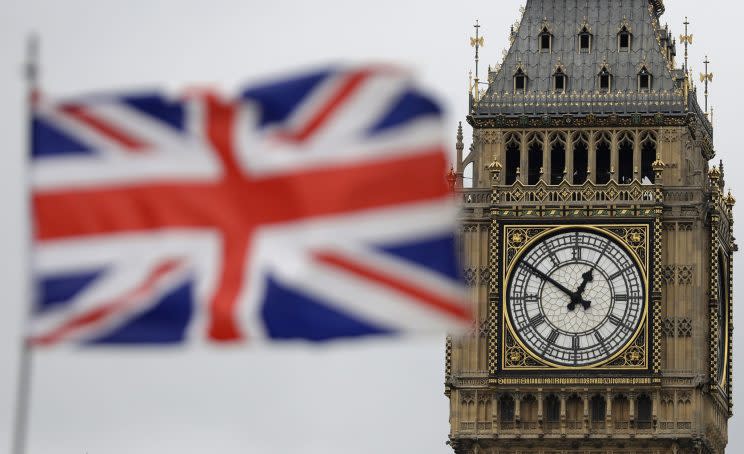How travel to Europe will change for Americans after Brexit

On March 29, the United Kingdom pulled the trigger on Article 50, popularly known as Brexit, that will release the country from the European Union.
This transition, which must be completed within two years, will have widespread economic, social and political implications throughout the UK and Europe. For the US, initial impact will likely be felt when it comes to travel and tourism.
The UK’s membership in the EU has allowed it to enjoy the benefits of the European open skies agreement. This deal was inked in 1994 and permits any EU airline the freedom to fly anywhere in Europe. This agreement has allowed UK low-cost carriers like easyJet and Ryanair to compete with the bigger airlines, resulting in cheaper airfare for travelers.
That could all change now that Brexit is in motion. Budget carriers currently take full advantage of the open skies agreement, flying in between other European countries. Under the new restrictions, these carriers will only be able to operate flights that start or end in the UK, which would eliminate some of their cheap and popular routes. To avoid this hit, low-cost carriers will need to make new agreements with the rest of Europe in order to use other countries’ airspace.
“One of the Government’s tasks will be considering how airlines now operate within the EU, their ownership structures and their networks, to ensure there is a competitive market that continues to work for consumers,” said Andrew Haines, chief executive of the UK’s Civil Aviation Authority (CAA) in a statement.
To avoid the loss of routes, budget carriers could ease tensions by relocating their headquarters. According to the Guardian, EU chiefs have informed low-cost carriers that relocating or selling off shares to European nationals (citizens of a country in the EU) is a necessity if they want to continue flying routes in continental Europe.
British Airways will be unaffected by the restrictions because all of its flights currently depart or arrive in the UK.
Impact on travelers
The full extent of Brexit’s impact is unknown, but it’s likely that the transition could get rocky and possibly costly for consumers.
On Wednesday, Ryanair issued a statement urging the government to make aviation a priority when formulating a post-Brexit plan. Kenny Jacobs, CMO of Ryanair, expressed his concern that the UK will be completely cut off from the rest of Europe if nothing is done.
“Ryanair, like all airlines, plans its flights 12 months in advance, so there are just 12 months to go until we finalize our summer 2019 schedule, which could see deep cuts to our flights both to, from and within the UK from March 2019 onwards,” said Jacobs.
Fewer options
If Jacobs’s fears are realized, travelers could be left with fewer options for flying around Europe. Over the past couple of years, cheaper fuel prices have allowed airlines like Norwegian, Wow air and Ryanair to offer deeply discounted airfare throughout the region. This competition has kept prices low, which could all change in the years following Article 50.
“If the open skies agreement is changed because of Brexit, that could lead to lower competition which would drive up prices,” said Patrick Surry from Hopper.
On the other hand, Surry is quick to point out that confusion over Brexit and Americans’ perception of Europe has had a negative impact on flight demand to the region. This uncertainly, in addition to the low cost of fuel, has caused a 16% price drop in airfare to Europe. If this trend continues, prices could remain low, despite the lack of competition.
Longer lines in the UK
Traveling through airports in Europe could also get more interesting. Currently, EU travelers enter the country using the same line as citizens of the UK. Once Brexit is complete, EU travelers will probably have to travel through the same line as visitors from other countries. Likewise, travelers from the UK will no longer be able to use the EU customs line at member airports in Europe. All of this will lead to longer lines, which American travelers should prepare for if they plan to travel to Europe.
“Immigration lines are going to grow and it’s going to become a problem unless they find a way to speed up immigration,” Charles Leocha from Travelers United told Yahoo Finance. “A large percentage of their travel market comes from the EU, so there are a lot of ways this can play out.”
Brittany is a reporter at Yahoo Finance.
Delta cuts back on winter flights to UK after Brexit vote

